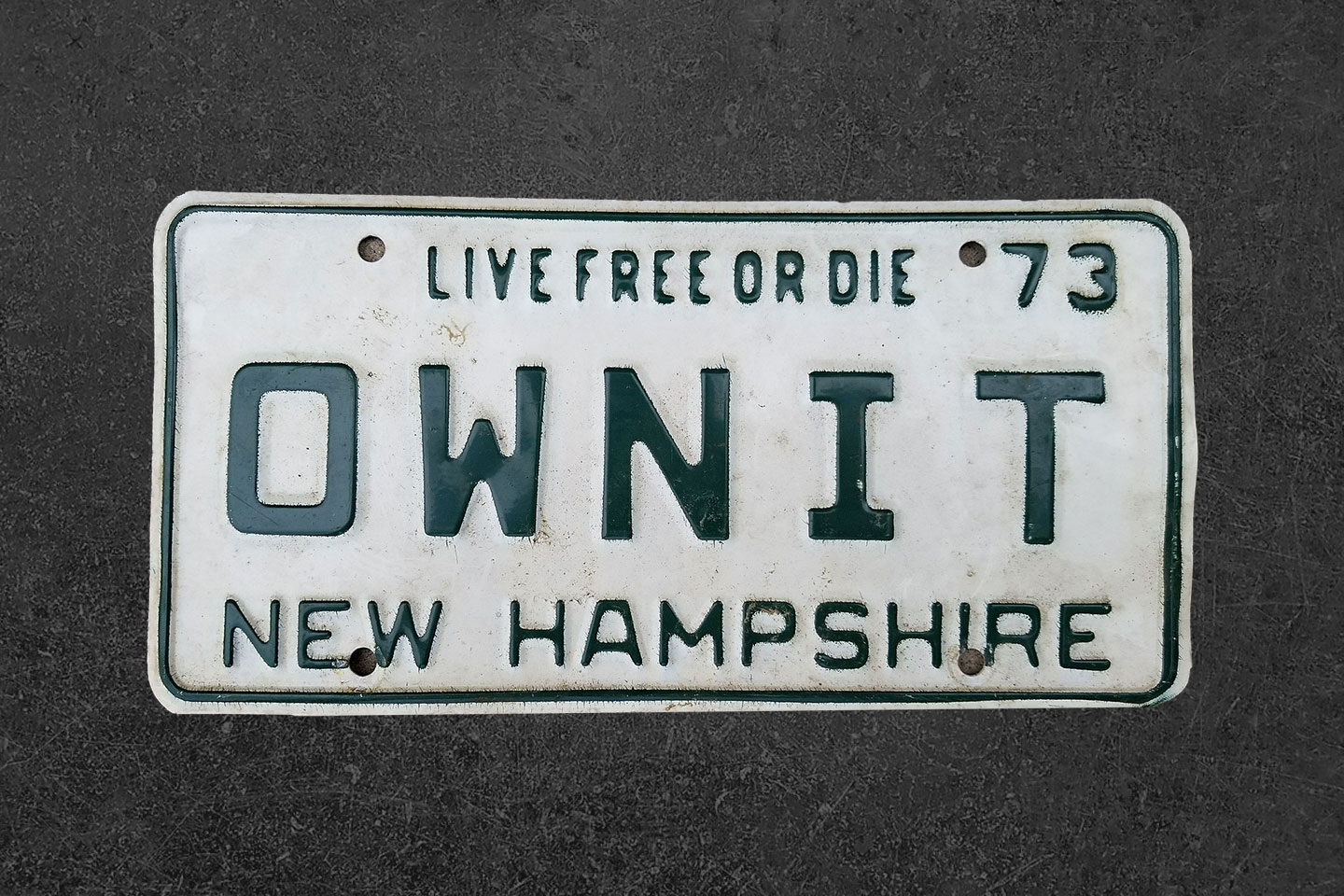As unemployment benefits are expiring, and many who were furloughed are likely to be laid off, there’s renewed focus on the importance of jobs and those who offer them. Last year, Mary Daly, the president of the San Francisco Federal Reserve Bank, asked me if I thought the future of community banks might be Walmart. Seemed like a crazy idea at first, but perhaps not. It’s not literally Walmart, but employers. Will employers become the community banks of tomorrow? I’ll make the case for how we started with employer as lender, followed by employer as financial advisor, and how we’re moving to employer as financial platform. In short…
Employer as Lender
Scott Cook quipped, “We make loans to our employers,” on a panel we did together last week, referring to the tradition of intermittent (typically bi-weekly) payroll, with which we get paid in arrears for our labor. It’s true, we worker bees are extending an interest-free credit line to our employers, hoping they’ll be good for the money they owe us on payday. Scott asked, reasonably, “Why don’t we get paid daily, or hourly?” It would give everyday people greater liquidity — and that’s a good thing. Or is it?
Perhaps it’s more powerful to think of our employer as a short-term savings account. Research (check this out) suggests that a daily paycheck erodes savings behavior and makes budgeting harder. A third of people paid daily have zero savings, including retirement. Zero! So being forced to save until payday might have its merits.
In some cases, we clearly need liquidity, and it makes no sense that we can’t access funds that we’re already due. Startups, from DailyPay to Rain, are effectively “pre-disbursing” or providing “early access” to funds people have already earned, typically for an ATM-like fee to the employee. In a more competitive environment, I could see the employer paying the employee a premium for “borrowing” the paycheck for two weeks, or giving access to it on a daily basis. Perhaps a new personal financial management (PFM) tool would optimize how you’re paid based on your needs, along with market rates for lending and saving available to you.
For well over a decade, startups have offered to do more than “pre-disburse” already earned funds, and formalize what many employers do informally to this day: lend against future earnings. Companies like PayActiv embed with employers and offer dramatically better solutions to payday loans and the like. It’s a great win-win: the company doesn’t actually need to be the bank; the employee gets a more anonymous, transparent and consistent experience (who wants to ask their boss for a loan?); and the lender gets first dibs on payroll, lowering their risk exposure.
Employer as Financial Advisor
Most of us trust our employer to have our (financial) well-being in mind, and with reason. This positions the employer as a trusted fiduciary, to provide financial products and advice. Many people access pre-tax retirement products, like 401ks, and more as is required by law for various retirement programs and ownership schemes. 41% of U.S. workers have access to employer- or union-sponsored retirement plans. If an employer adds $1 to an employee pension, the employee doesn’t respond by reducing their contributions by $1. Instead, the employee reduces their contributions by 20 cents (and spends that 20 cents on something else). Thus, there’s actually a high rate of leverage between employers contributing to retirement savings and employees actually having higher retirement savings (rather than simply subbing employer contributions for employee contributions).
Progressive companies have offered well intended, if generally useless, financial literacy forever. Brightside Financial, launched by Comcast, realized two things: many employees are less productive due to personal financial stress, and most people need people to stick to their goals. They created a playbook for financial advice for the rest of us, the majority of Americans who typically aren’t getting any advice at all.
Employer as Financial Platform
Increasingly, banks are unwittingly becoming platforms for our financial lives: our financial data power all kinds of things, as the hot startup Plaid, uncle Finicity and grandpas Yodlee and Cash-Edge prove so aptly. But the most powerful of that bank data actually comes from employers: payroll data. This helps lenders, insurance providers and advisors understand most people’s largest source of income. The thing is, employers have much more detail on payroll, obviously. From 1986 to 2018, the percentage of workers paid through direct deposit increased from 8% to 93%. Companies, like AtomicFI, are making it possible for employers to serve as a platform for financial empowerment (the reason we invested in Atomic).
As America’s playbook for wealth creation has to be rewritten — no longer does a steady job and a mortgage get your kids through college and set you up for retirement — there is an opening for employers to play a larger role in people’s financial health. To date, they have done so with mixed commitment. But some large employers, like Walmart, are showing a way to function as a de facto community bank. Technology is making it ever easier to do so. It will require less and less of a commitment for employers to serve this function. Now we just need to get people employed again. Priority Number One.
# # #
Thanks to our fabulous intern, Matthew Shackleford, for some great insights.




